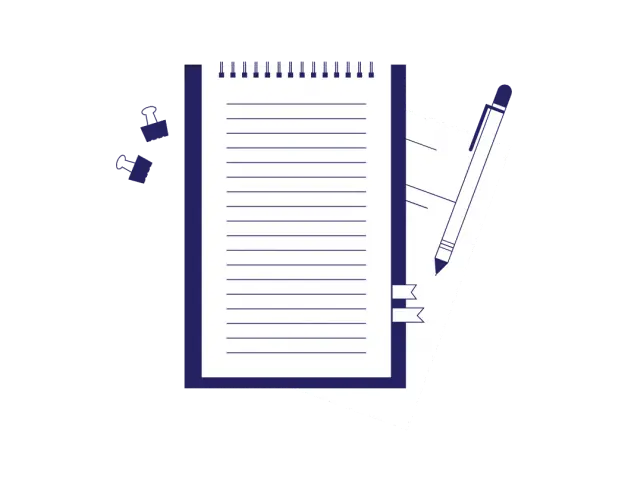
-
3-minute read
-
13th September 2016
Harvard Referencing – How to Cite an Edited Book
It’s often said that nothing in life is certain beyond death and taxes. If you’re a student or an academic, however, we can add referencing to that list, as there’s no way you can write a decent essay without clearly and consistently citing sources throughout.

And though referencing can seem confusing, it’s simple enough when you know how. That’s why we’ve prepared this quick guide to citing an edited book using Harvard referencing.
In-Text Citations for an Edited Book
Harvard referencing is another term for parenthetical referencing, in which sources are cited by giving the author name and date of publication in parentheses. If you are quoting a source directly, this should be accompanied by relevant page numbers:
Cookery is more of ‘a craft’ than an art form (Telfer, 2008, p. 17).
If you have named the author in the main text, don’t repeat this information in the citation. Instead, when this occurs, give a citation with the year and page numbers immediately afterwards:
Telfer (2008, p. 17) asks us to consider whether ‘cookery is really a craft’.
Remember that it is almost always the author of the chapter or essay within an edited book that you should cite. Only include the editor’s name if you’re referencing the edited volume as a whole.
Listing an Edited Book in a Reference List
Every source cited in your text should also appear in a reference list at the end of your document, with full publication information specified. When citing a chapter from an edited book, the format to use here is:
Chapter Author Surname and Initial(s). (Year of Publication) ‘Title of Chapter’, in Editor Surname and Initial(s), (ed[s]) Title of Book, Place of Publication, Publisher, page range.
Find this useful?
Subscribe to our newsletter and get writing tips from our editors straight to your inbox.
Subscribe to Beyond the Margins and get your monthly fix of editorial strategy, workflow tips, and real-world examples from content leaders.
For the essay cited in the examples above, this would appear as follows:
Telfer, E. (2008) ‘Food as Art’, in Neill, A. and Ridley, A. (eds.) Arguing about Art: Contemporary Philosophical Debates, 3rd ed, New York, Routledge, pp. 11–29.
Finally, if citing an edited volume as a whole, use the names of the editor(s) in place of the author name:
Editor name(s), Initial(s) (ed[s]) (Year). Title, Place of Publication, Publisher.
Thus, the Neil and Ridley text listed above would appear by itself in a reference list as:
Neill, A. and Ridley, A. (eds) (2008) Arguing about Art: Contemporary Philosophical Debates, 3rd ed, New York, Routledge.
A Cautionary Note
Although people (frequently refer to the ‘Harvard referencing system’, there is actually no systematic form of citation to which this corresponds. As such, it’s essential to check your style guide to make sure you’re using the correct conventions for your university.




